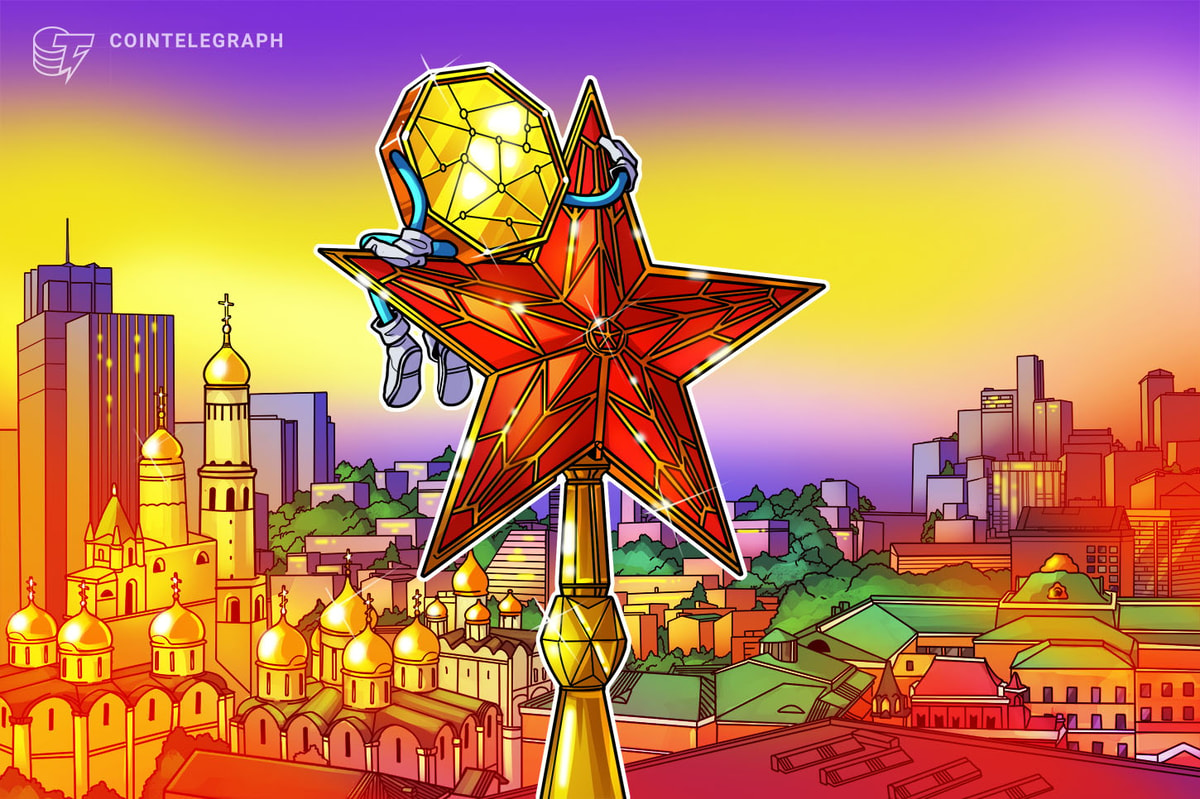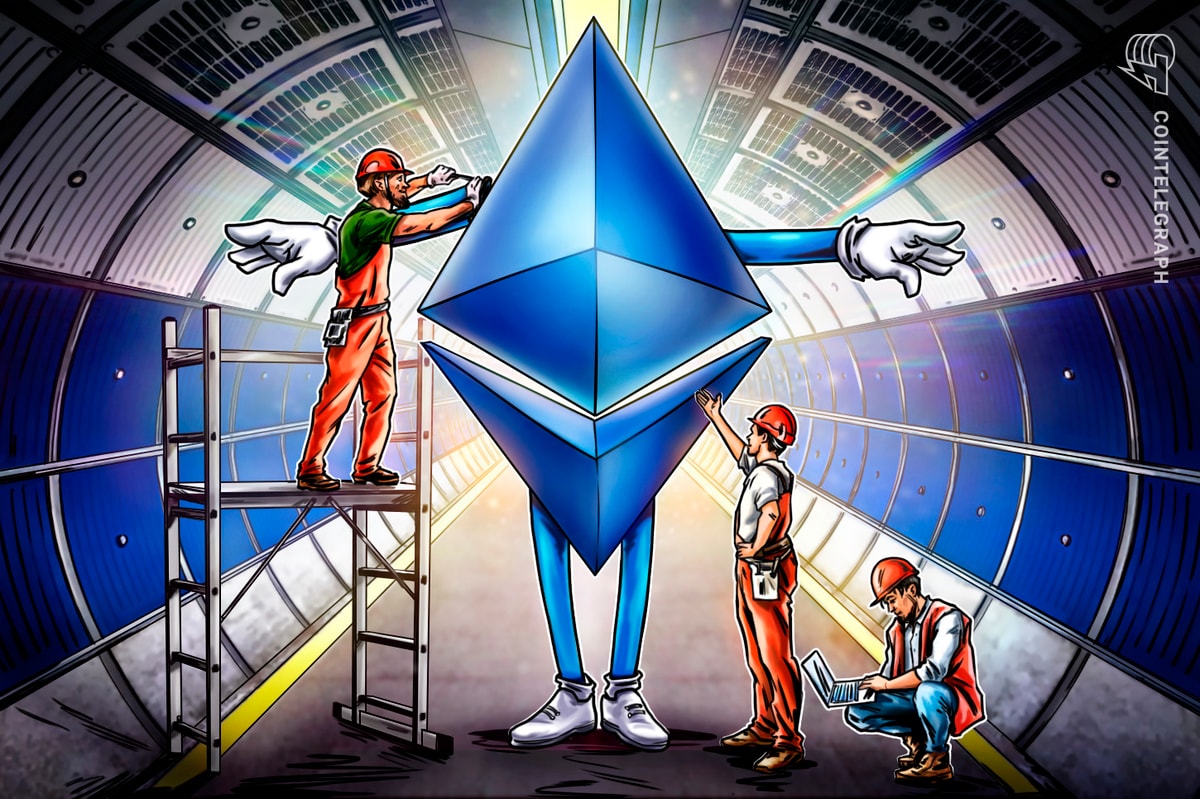Web3 game Gods Unchained released a new gameplay format that allows players to compete with semi-random cards they receive at the start of a tournament. Called “Sealed Mode,” the format is intended to reward highly skilled players, even if they don’t have a large or expensive card collection. The new format was announced via a blog post on Sept. 13.
“Sealed deck” tournaments are common in paper collectible trading card games such as Magic: The Gathering, but are relatively rare in digital trading card games.
⚜️ ⚜️
— Gods Unchained (@GodsUnchained) September 8, 2023
Will you?
️ Coming Sept 14th 11am AET
Full details: https://t.co/mKSGSCrMW7 pic.twitter.com/LHCdIs7LjK
According to the post, players can participate in sealed mode if they pay an entry fee of 15 Gods Unchained ($GODS) tokens, worth approximately $2.65 at the time of publication. Once they pay this fee, they receive a random selection of three gods they can choose to build a deck around. In addition, they receive 60 random cards drawn from multiple Gods Unchained card sets, including Etherbots, Mortal Judgement, Winter Wanderlands, and others.
Although the pool of cards is semi-random, it also contains a minimum number of cards of specific types to ensure that a viable deck can be built with it. For example, each pool has at least 12 cards that cost 3 mana or less.
Related: What is Gods Unchained, and how to play it
Out of each player’s pool of 60 cards, they must build a minimum 30-card deck, the post stated. The players must build their decks entirely out of the cards provided and cannot use cards from their own personal collection.
After building a deck, players compete until they either lose three matches or win seven. The players with better records at the end of the tournament receive more rewards than the players who have worse records. Some cosmetic rewards are only available in sealed mode and can only be obtained by players who win four matches or more.
'Sealed mode' in Gods Unchained is meant to be similar to 'sealed deck' or 'draft' tournaments for face-to-face card games like Yu-Gi-Oh!, Pokemon, and Magic: The Gathering. Players of these games often use sealed formats to collect cards. However, because most digital card games do not allow players to 'own' their cards in any meaningful sense, sealed tournaments were virtually unknown in the digital card game world. In Gods Unchained, each card is represented by a nonfungible token stored on the Immutable X network, a layer-2 of Ethereum.
Gods Unchained was one of the first Web3 video games released by Immutable. In May, Immutable stated it was developing a wallet application called “Passport” that would allow gamers to log in without needing to copy down seed words. On Aug. 15, Immutable released its zkEVM testnet, which it claimed will help scale Ethereum for video game players.











